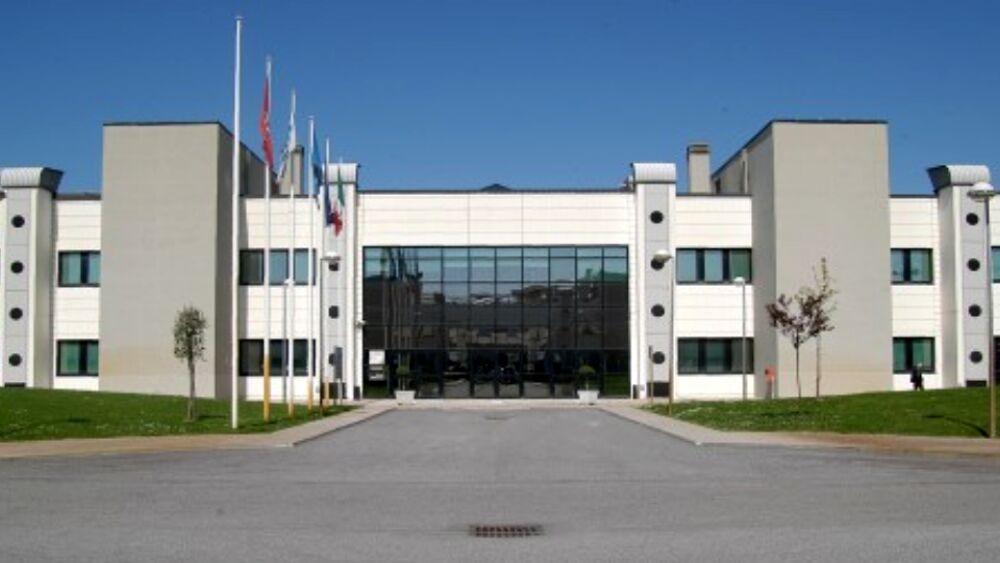Charting New Paths in Mobility Research: My SoBigData++ Experience in Pisa
I took advantage of the SoBigData++ Transnational Access program to visit the National Research Council (CNR) in Pisa and collaborate with Prof. Luca Pappalardo (SoBigData Research Spaces on the project "Sustainable Cities for Citizens”). This visit has been instrumental in fostering a long-term collaboration and a strong scientific relationship between the Technical University of Denmark and CNR.
In this blog post, I will share the outcomes of my two-month visit, during which I had the privilege not only to work closely with an outstanding scholar like Luca Pappalardo but also to engage with the vibrant research community in Pisa. Their contributions help create and sustain productive and inspiring research discussions.
MEETING MOBILITY
Throughout my visit, I had numerous meetings with Prof. Luca Pappalardo, focusing primarily on understanding and modeling route choice behavior. The project's objective was to explore the underlying factors influencing route selection, combining advanced data analytics with theoretical modeling to develop a comprehensive framework. By leveraging real-world datasets and integrating state-of-the-art methodologies, we aimed to uncover patterns and insights that could enhance our understanding of decision-making processes in navigation and transportation systems.
The potential impact of this project on capturing trends, identify traffic hotspots, and grasp the dynamics of human mobility, reducing traffic congestion and improving public transportation efficiency was genuinely promising.
Beyond my project, I had the privilege of attending weekly group discussions—brainstorming sessions where we explored each other's research topics and tackled various challenges. These sessions alone made the trip worthwhile. They not only offered valuable insights into cutting-edge research but also pushed me to think critically about my own work. I was deeply impressed by the group’s collaborative spirit. Bright computational social scientists such as Dr. Giovanni Mauro and Giuliano Cornacchia readily shared their expertise, making every interaction a rich learning experience.
On a personal level, the camaraderie within the group made my experience unforgettable. Whether discussing complex theories over coffee or brainstorming late into the evening, the connections I built during my visit will undoubtedly have a lasting impact on my career and personal development.
Furthermore, engaging with Luca allowed me to refine my problem-solving strategies and reminded me that research is a never-ending journey of self-improvement. His approach to tackling complex challenges, combined with his emphasis on continuous learning, served as a powerful reminder of the importance of adaptability and persistence in achieving meaningful scientific progress.
BEYOND MOBILITY
As the visit progressed, I had the honor of participating in a workshop organized by Prof. Riccardo Di Clemente and Prof. Luca Pappalardo. The event brought together leading European researchers in the field of mobility to discuss the future directions of this research area. This forum fostered an environment of collaboration and idea exchange, where we debated findings, shared insights, and identified key challenges and obstacles in the field.
The enthusiasm, active engagement, and insightful discussions were the driving forces behind the stimulating exchanges that took place during the event. It was truly an enriching experience to be part of such a vibrant and forward-thinking research community.
Beyond the realm of academia, the research community in Pisa provided an exceptional opportunity to engage with diverse perspectives on current research topics through a variety of events. These gatherings, ranging from seminars and workshops to informal networking sessions, served as dynamic platforms for outreach and collaboration.
The inclusive and interactive nature of these events fostered a strong sense of community, bridging gaps between disciplines and sparking meaningful discussions that often extended far beyond the scheduled agendas. Such outreach initiatives are invaluable for nurturing innovation, inspiring fresh ideas, and building lasting professional connections.

